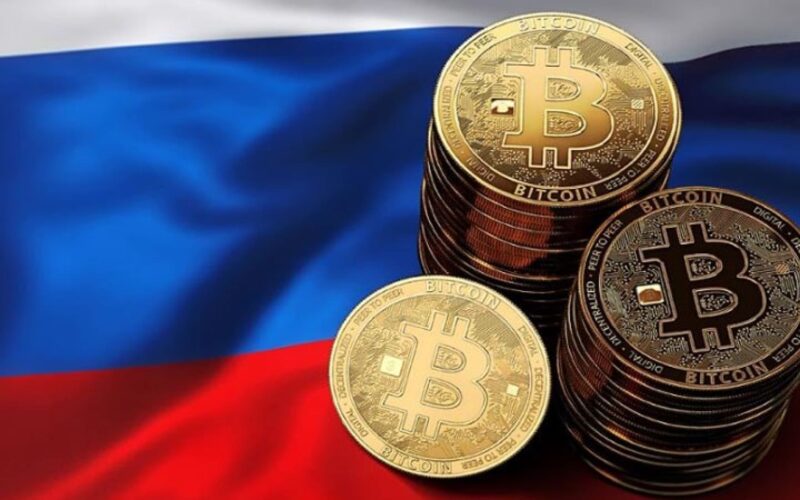After the recent revelations by the Wall Street Journal regarding the alleged links between Binance and its Russian users, the cryptocurrency exchange has just removed several Russian banks from its peer-to-peer trading service.
Binance Plays with Fire
Beyond the mistrust of several governments towards its cryptocurrency exchange platform, Binance faces an investigation by the United States Department of Justice. Indeed, Binance would seek to bypass US sanctions against Russia.
In light of this week’s revelations, Binance had been forced to deny the WSJ’s allegations. As a reminder, Binance would willingly assist Russian users in exchanging rubles for cryptocurrencies, notably through the use of a dedicated Telegram channel for this service.
In response, the exchange stated that “all current restrictions related to sanctions against all Russian nationals are fully implemented by the platform and its legal entities in the European Union.”
Binance No Longer Allows Its Pair-to-Pair Service Using Certain Russian Banks
Russian users apparently have the option to use Binance’s peer-to-peer trading service. The method seems simple, as they only need to visit the Russian version of Binance to be able to exchange their rubles for cryptocurrencies, including USDT.
However, this service obviously should not allow the use of Russian banks sanctioned by the United States. Yet, that is precisely what Binance would enable its Russian users to do according to the revelations by the Wall Street Journal.
A few days after the WSJ article, the process was no longer possible as Binance had removed the option to use the Russian banks in question via the peer-to-peer service, but a problem persisted.
Indeed, according to several different news outlets, Binance continued to offer an alternative solution to Russian users by using a color code. Instead of the now-removed and sanctioned banks, “yellow” and “green” code names had appeared.
However, this alternative solution was short-lived as Binance removed the ability to use these code names to transit through the prohibited banks the next day.
Thus, only Russian banks like Raiffeisenbank and Russian Standard Bank AdvCash are available on the peer-to-peer service.
When contacted by The Block, Binance simply explained that it “regularly updates its systems to ensure compliance with local and global regulatory standards. Therefore, when vulnerabilities are reported, we strive to remedy them as quickly as possible.”
With this decision, Binance seems to be playing the mistake card, but US investigators may not see this situation in the same light.
In any case, while Binance’s P2P service gained popularity after the closure of LocalBitcoins in February 2023, this situation should reinforce the skeptics’ belief that peer-to-peer marketplaces are too centralized and vulnerable to government censorship.




